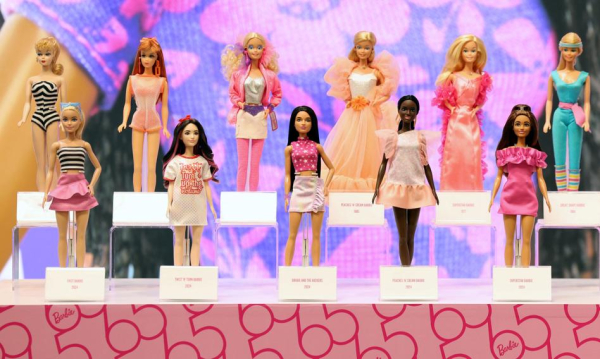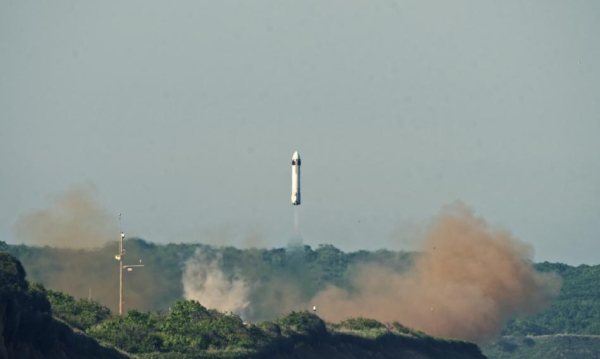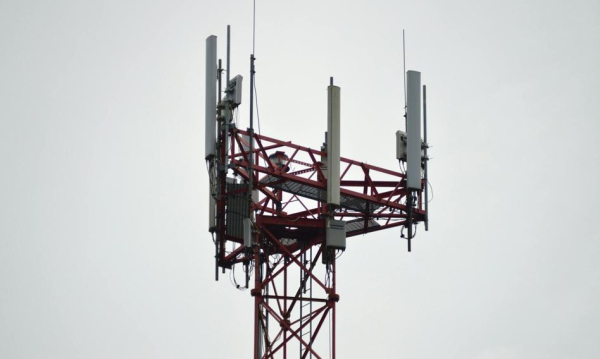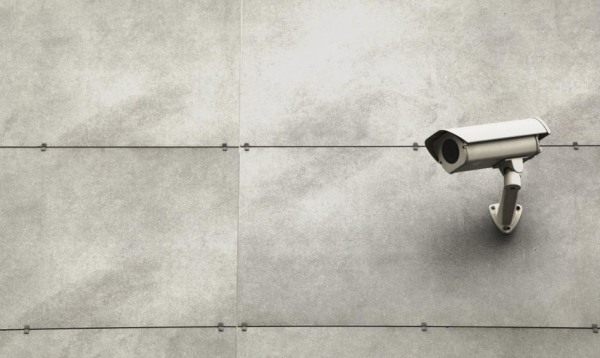Artificial intelligence is increasingly entering everyday life, encompassing new areas of our reality. One such area is the market for children's toys and entertainment, which is beginning to change dynamically under the influence of new technologies. The growing interest in AI opens up opportunities for companies to create completely new forms of interaction and play.

Mattel, the maker of Barbie dolls, Hot Wheels cars, and the Uno card game, and OpenAI, the creators of ChatGPT, are planning to introduce AI-enhanced toys to the market. On June 12, the two companies announced that they had entered into a strategic partnership that would add AI to children's products.
The companies did not provide examples of how the technology would be integrated into the toy line, but they did note that “security, privacy and data protection” would be key.
See alsoHow artificial intelligence will affect the work of accountants
OpenAI COO Brad Lightcap said:
“With OpenAI, Mattel gains access to an advanced set of AI capabilities and new tools that drive productivity, creativity, and enable enterprise-wide transformation at scale.”
The decision comes as toy makers grapple with weakening demand and consumers cut back on spending to prepare for the economic fallout from US President Trump's shift in trade policy.
New technologies in the service of iconic toys
Mattel produces well-known toys and games under brands like Fisher-Price and Thomas & Friends. The company also licenses its intellectual property and creates entertainment content around its brands — including the 2023 blockbuster “Barbie.”
According to a person familiar with the matter, Mattel did not license its intellectual property to OpenAI as part of the companies' agreement, the Financial Times reports.
Mattel’s Chief Franchising Officer Josh Silverman said:
“AI has the power to extend the reach of our brands in new and exciting ways. Our partnership with OpenAI will allow us to leverage new technologies to extend our leadership in innovation and redefine play.”
Mattel will also enroll its employees in OpenAI’s ChatGPT Enterprise service (a more advanced version of the chatbot).
The Tech Race: OpenAI, Amazon, and the Future of Smart Devices
The partnership comes as OpenAI is expanding into consumer electronics. Last month, the company acquired the startup io, founded by former Apple design chief Jony Ive, for $6.4 billion. In the deal, ChatGPT said it would create a “family of products for the era of AGI” — artificial general intelligence, whose cognitive abilities surpass most humans.
The startup isn’t alone in trying to commercialize generative AI by integrating it into devices. Amazon has begun rolling out an improved version of its Alexa voice assistant, accessible through a variety of speakers and screens, that uses a range of AI models to answer user questions.
The Seattle-based company announced this week that more than a million users now use its so-called Alexa Plus assistant.
The first results of cooperation are on the way, but the details are shrouded in mystery
A person familiar with the matter said Mattel and OpenAI are likely to announce their first product later this year, which could be physical or digital. The companies have declined to disclose the terms of the partnership.
The Toy Association, a U.S. industry group, said AI is becoming “increasingly common” in toy manufacturers’ products. On its website, it noted that toy companies comply with privacy regulations such as the U.S. Children’s Online Privacy Protection Act (COPPA) and the European General Data Protection Regulation (GDPR).
The Mattel and OpenAI collaboration shows how the traditional toy industry can combine with modern technology to create innovative solutions. The key issues here are safety, privacy, and age-appropriateness. We will see the first effects of this collaboration soon, and the direction of development looks interesting.
JS






